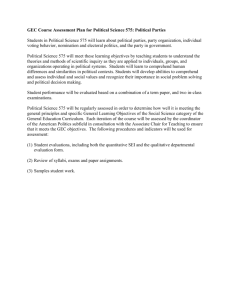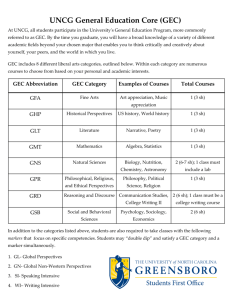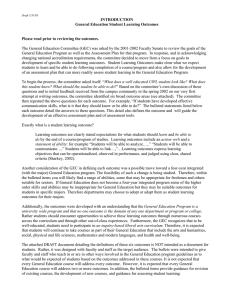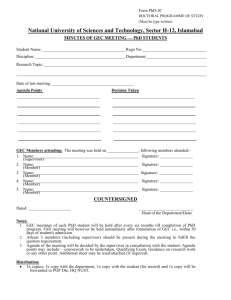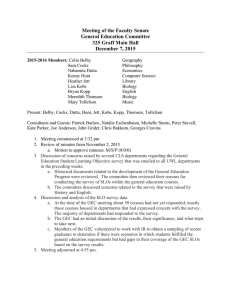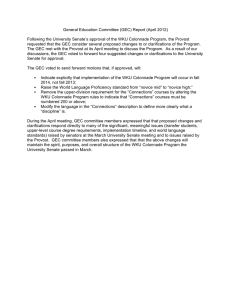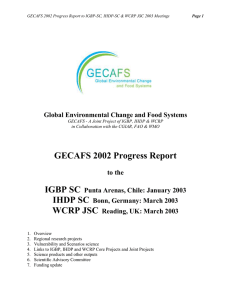what is water security?
advertisement
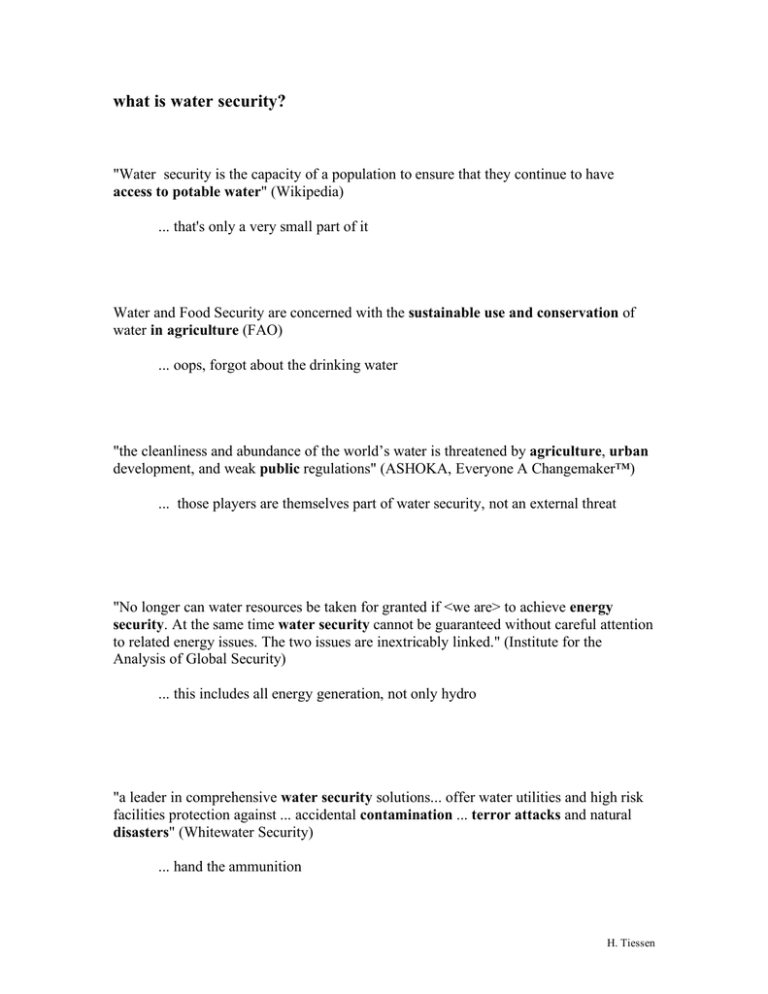
what is water security? "Water security is the capacity of a population to ensure that they continue to have access to potable water" (Wikipedia) ... that's only a very small part of it Water and Food Security are concerned with the sustainable use and conservation of water in agriculture (FAO) ... oops, forgot about the drinking water "the cleanliness and abundance of the world’s water is threatened by agriculture, urban development, and weak public regulations" (ASHOKA, Everyone A Changemaker™) ... those players are themselves part of water security, not an external threat "No longer can water resources be taken for granted if <we are> to achieve energy security. At the same time water security cannot be guaranteed without careful attention to related energy issues. The two issues are inextricably linked." (Institute for the Analysis of Global Security) ... this includes all energy generation, not only hydro "a leader in comprehensive water security solutions... offer water utilities and high risk facilities protection against ... accidental contamination ... terror attacks and natural disasters" (Whitewater Security) ... hand the ammunition H. Tiessen capturing the complexity: "assure global water security for both humans and freshwater biodiversity" (Vörösmarty et al, Nature, 2010) "Water security involves protection of vulnerable water systems, protection against water related hazards such as floods and droughts, sustainable development of water resources and safeguarding access to water functions and services. .... It is primarily concerned with human interventions in water systems ... for water supply, irrigation, drainage, navigation, hydropower, environmental purposes and the protection against water related risks. (UNESCO) ... this is getting complex indeed - and is the reason for needing a "think tank" H. Tiessen Lets look over the fence (& steal some ideas) Food Security... exists when all people, at all times, have physical and economic access to sufficient, safe, and nutritious food to meet their dietary needs and food preferences for an active and healthy life. (World Food Summit 1996) Why the IAI and a regional approach? - An increasingly important spatial level for GEC considerations because of: - regional manifestations of environmental change (see project results) - regional science assessments (successful networking) - linking the global and the local (global talkshops, local workshops) - existing regional institutions (greater political integration through trade zones) - donor interest H. Tiessen Concepts translated from GECAFS' food security Water Security, i.e. stability over tme for: • • • • • • Social Welfare Income Employment Wealth Social capital Politcal capital Human capital UTILISATION • • • ACCESS Quality Social Value Safety • • Afordability Allocaton • • • AVAILABILITY • • Recharge Distributon Diferentate “what we do” from “what we get” Environmental Welfare Ecosystem stocks & fows Ecosystem services Access to natural capital Vulnerability of Systems to GLOBAL ENVIRONMENTAL CHANGE GEC Change in type, frequency & magnitude of environmental conditions Capacity to cope with, and adapt to, GEC SYSTEM RESILIENCE / VULNERABILITY SOCIETAL CHANGE institutions resource accessibility infrastructure economic conditions Exposure to GEC
